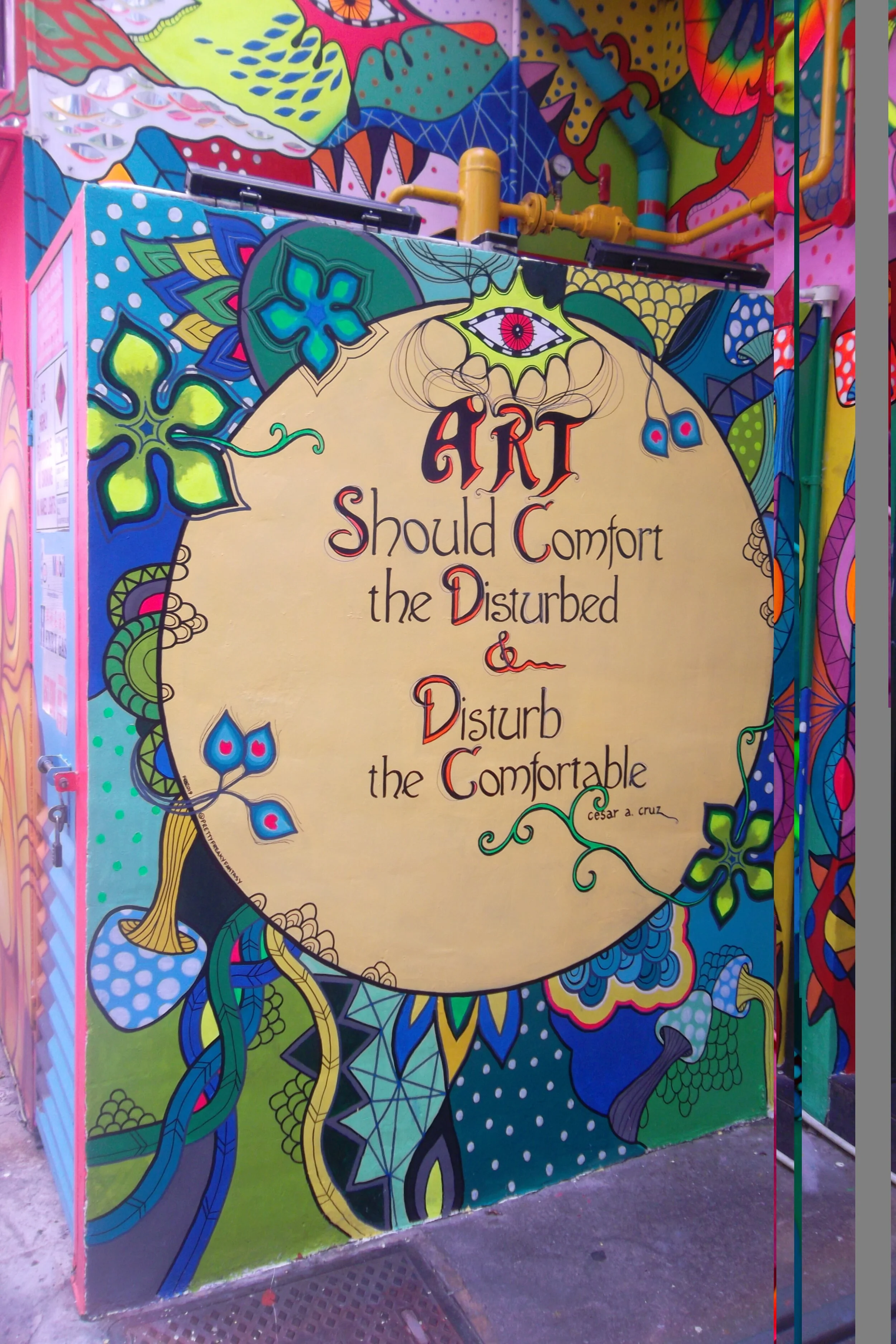Loneliness and Australian men - a cultural pattern?
Image by rodnikovay of Ukraine. Sourced via Shutterstock on 5 December 2020.
A friend and I were talking last recently about culture, and he said something interesting – that he felt that many Anglo-Saxon Australians were quite lonely. When I asked him about it, he mentioned that an Anglo-Saxon friend of his had put a lot of effort into inviting friends over, but that they did not reciprocate the effort.
Is there a historical basis to this?
This suggestion did not surprise me, and it occurred to me that this behaviour might connect to a few other things. For example, many Irish and Scottish immigrants in the colonial era were affected by the massive changes of the Industrial Revolution. They left behind everything they knew, and it often wasn’t by choice. They then (in many cases) ended up working in rather isolated conditions undertaking mining or farming. They may well have got to know people in their local neighbourhoods, but I’m not sure strangers were a common occurrence in many areas…and given the dangers around the place…. maybe not always welcome, either.
I wonder if some of the convict or colonial era social settings linger. Was the “silent, stoic” bushman the Australian version of the British “stiff upper lip”? How much did Australian men talk to each other back in the day about anything that really mattered? How many suffered loneliness and mental illness in silence? How long did the “distant father” idea hang on for, and more importantly, in which areas did it hang on for longer?
Then, I think that between (roughly) World War One and the 1950’s, a society had been established where people lived according to some sort of regular pattern day-to-day. They went to church on Sundays, and, as leisure time increased, increasingly undertook hobbies. There were also sporting associations to join, especially for cricket and football codes. Many men socialised at the pub. A lot of activities were done locally by both women and men, making it more likely they’d bump into someone they knew.
After the 1960’s, I think as affluence grew, this emerging culture was again ripped to pieces. More people owned cars, and instead of visiting shops within walking distance, drove instead to supermarkets and shopping centres. Commuting times grew longer as the suburbs kept expanding, and people could more easily choose whether to engage with their neighbours or not.
Do many men fail to learn how to be social?
And now, in the digital era, some people have developed digital communities instead of engaging much with people in the communities they actually live in. There are many people who use their mobile phones as a kind of social crutch – when conversation slows, as it does naturally from time to time, many people head straight to their phones so as not to feel awkward. But in doing so, they are losing a chance to develop their conversational muscles.
It occurs to me that many Anglo-Saxon Australian men never learn how to actually become fully social humans. As kids, maybe their mothers organised play dates and the like for them, but just as importantly, I think many depend very heavily upon existing social structures for their social cues. For example, during high school they make friends there out of convenience, only to find that these friendships are not that strong once school finishes. For many, school gets replaced with the footy or cricket club, until they are too old to play the sport in question. And for some, their girlfriends and wives take over organising their social lives once they have left the family home.
Why does this matter? Because I think that at many of life’s inflection points, many Anglo-Saxon men (and Australian men of all backgrounds more broadly) fall through the cracks. If the modern world has more freedom than previous eras, I’d suggest it also gives people the freedom to fail. And in turn, I’d suggest that this social construct shapes the life chances of men more broadly.
How and when does the disconnection occur?
Some men (which included myself when younger) take a while to recognise that the women in their friends’ lives can be their greatest assets, introducing them to a whole range of people they didn’t know. This can, of course, however, work the other way, when a male friend is gently (and then overtly, in some cases) discouraged from being part of a social circle.
I think that Australian society fails young men really badly, especially those who drop out of school early. If they no longer have school, sporting, or hobby connections, then what exists to reconnect them? I’d argue that nothing does, and this leaves many young men vulnerable to a range of people who wish to exploit them one way or another.
However, I’d argue that this is not just an issue for young men. It can happen at any age if the men involved haven’t picked up the social skills and the self-awareness required to become truly socially adept. For example, if a couple is undertaking IVF, there’s a lot of pressure on men to be supportive of the emotional and physical changes the woman is going through. But is this pressure likely to be something men talk to other men about?
Beyond that, for men without children, and/or without partners, middle age can be a very isolating time. Naturally enough, for family men, the family comes first, and life can be very busy…. which leaves less time for catching up with friends outside of the family for both parents. As kids get older, things may improve, but any friendship requires mutual effort. It’s not uncommon for this pattern to occur when men are going through their mid-life crisis stage, either.
And then, when men retire from their jobs, many of them have lots of free time on their hands. This is when having practiced being social really counts, in large part because it’s expected you know what to do to fill your days. If men haven’t, then trying to break into existing social circles at this stage can be really tough going. This is particularly the case for widowers. Hopefully, by this stage, other people are developed enough as human beings to be proactively encouraging and friendly.
What do you think about this? Is it something specific to Anglo-Saxon Australian men, or does it apply to men from all backgrounds? Is it just part of broader Western society? I’d love to hear your thoughts on these topics in the comments field below.







